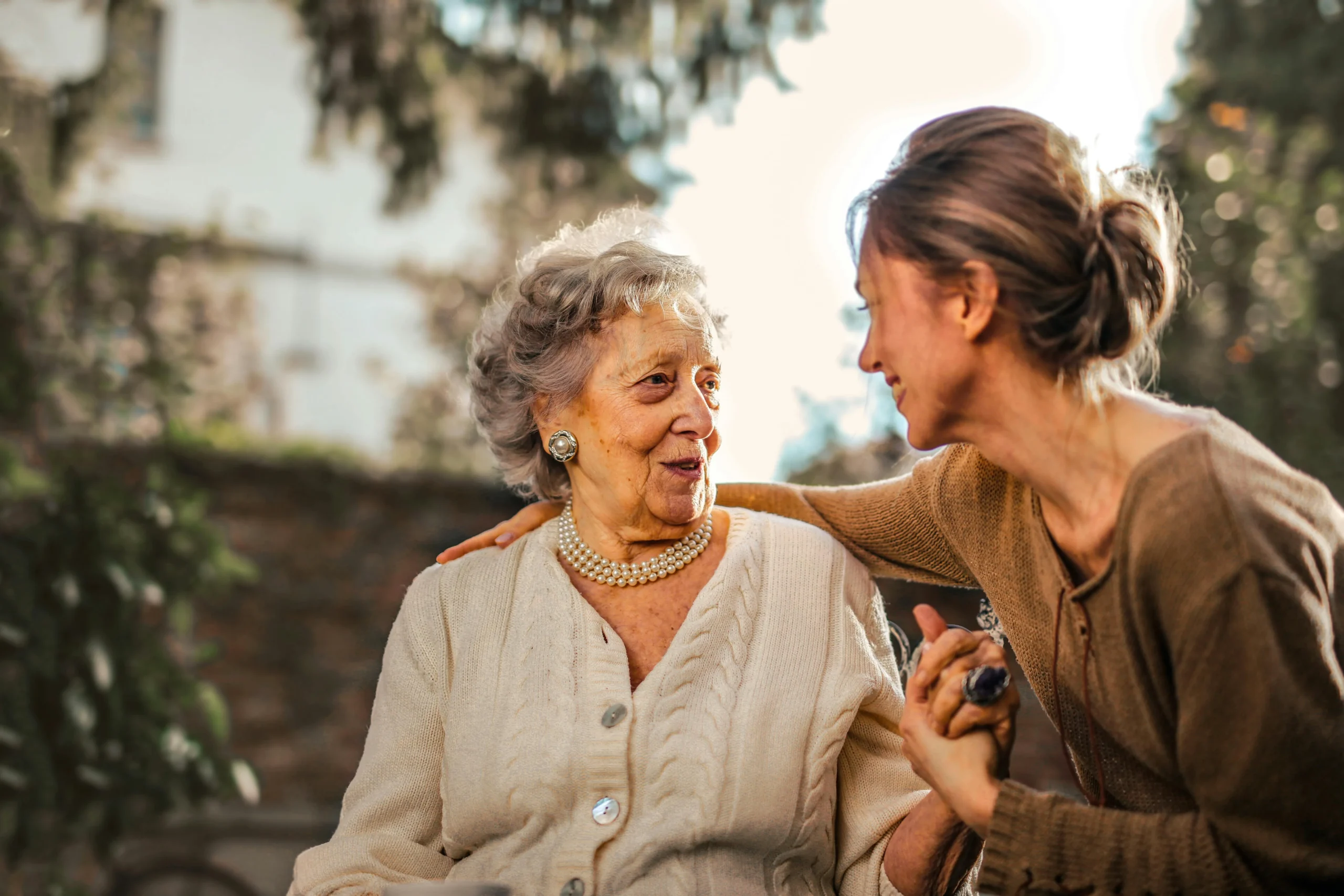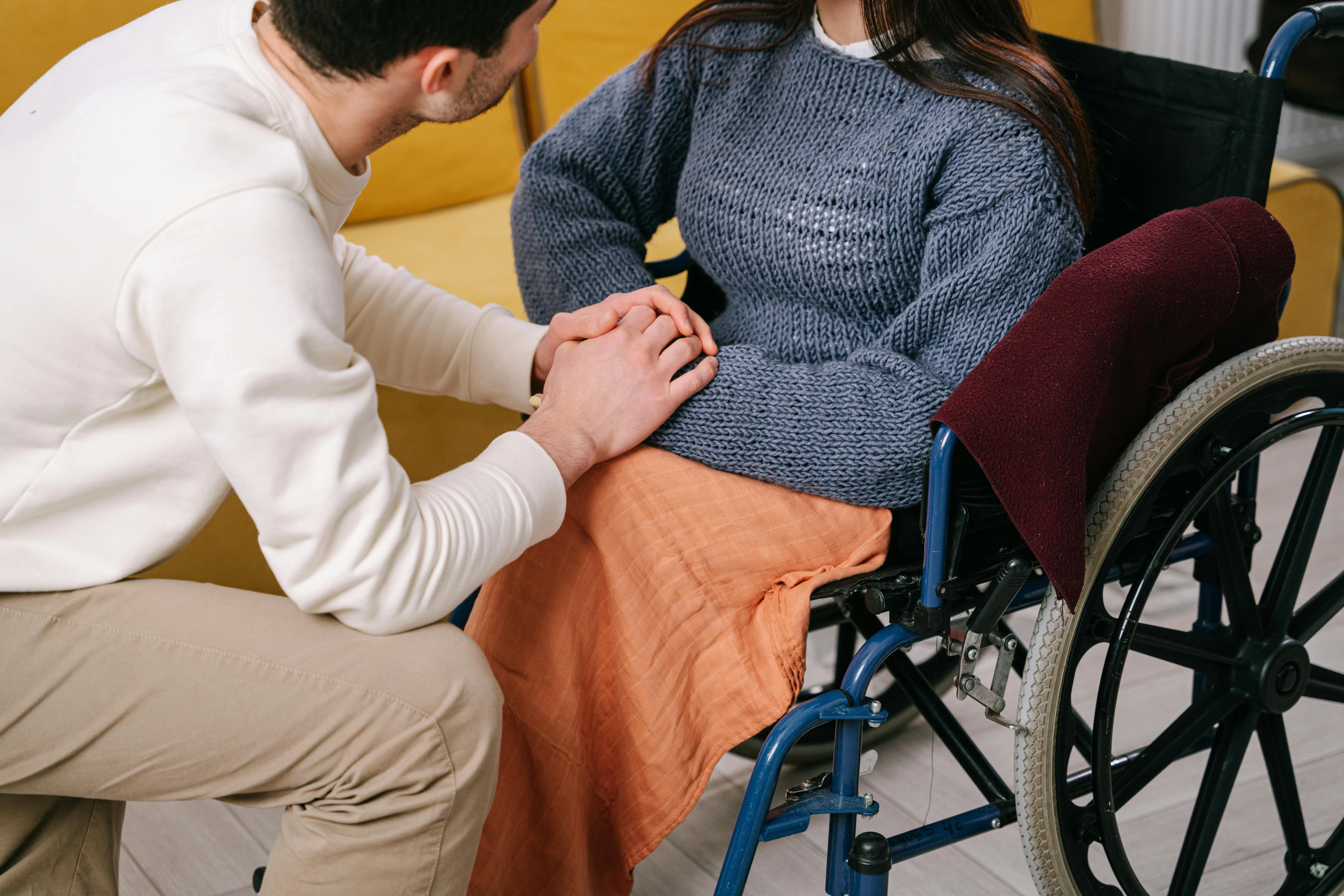As the years go by, more and more people will need help with daily tasks and personal care. By 2030, all baby boomers will be 65 or older, so the need for caregivers will be greater. Caring for the elderly or those with disabilities can be challenging but rewarding work. Suppose you’re interested in how to become a caregiver in 2024. In that case, you need specific skills and qualities to provide kind, professional care.
In this guide, we will delve into how to be a good caregiver so you can see if this career path could be right for you.
Essential Qualities of a Good Caregiver
Compassion and Empathy
It’s important to remember that as people age or live with disabilities, they may experience declining physical and cognitive abilities, which can be highly frustrating. That’s why compassion and empathy are at the heart of being a good caregiver.
These two mean understanding their feelings, respecting their dignity, and treating them with kindness and patience—basically, putting yourself in their shoes and providing the type of care you would want when you’re older or find yourself in that situation.
Patience
When you’re helping the elderly or people with disabilities, you need always to remember that things might not always go your way. Your clients may have a bad day out of their frustrations or need extra time to understand what you say or help with daily tasks. A key part of being a good caregiver is patience—never rushing clients or getting easily frustrated.
Building patience takes practice, but you can develop it. For example, take deep breaths in challenging moments, remind yourself of the client’s situation, and stay focused on the present. Setting realistic expectations and being ready for the unexpected can also prevent frustration.
Developing Effective Communication Skills
Clarity in Speaking and Writing
As part of how to be a good caregiver, you’ll need to share a lot of important information with clients, families, and medical staff. Whoever you are talking to, always keep it clear and simple—no fancy jargon, just plain language everyone can understand. Moreover, adjust your speech volume and speed when talking to elderly clients to avoid miscommunications that could impact their care.

Active Listening Skills
Communication isn’t just about talking – it’s also about listening. Active listening means paying close attention to what the person you’re helping is saying. It shows them that you care about their needs and concerns.
Also, make eye contact, ask questions to understand, and respond in a way that shows you’re listening. Don’t interrupt or brush off their concerns – make it clear you are fully engaged and take their input seriously. To put it simply, listen as much as you talk.
Ensuring Reliability and Trustworthiness
Consistency in Care
Think about your alarm clock. You rely on it to wake you up at the same time every morning. Imagine if it randomly decided to sleep in or forgot to go off altogether. That would throw off your entire day!
Similarly, being a reliable caregiver means being as dependable as that trusty alarm clock. Showing up on time, following through on promises, and consistently providing quality care help create a stable, secure environment for the people you care for. By being trustworthy and consistent, you build a strong foundation of trust over time.
Building Trust
Trust is the foundation of any good relationship – including between a caregiver and their client. Without trust, it’s nearly impossible for the client and their family to feel comfortable and at ease. An essential part of how to be a good caregiver is building trust by being honest, respectful, and dependable.
Keep clients’ info private – no gossiping or sharing details you shouldn’t. Do what you say you’ll do when you say you’ll do it. Most importantly, show genuine interest in their well-being rather than just going through the motions.

Skills for Daily Care Tasks
Personal Care Skills
Day-to-day duties as a good caregiver involve assisting clients with personal care tasks like bathing, dressing, grooming, and using the restroom. It’s no small task, so proper training and practice are essential to help with these tasks safely and comfortably.
Some clients may also need walkers or wheelchairs, so knowing how to use mobility aids properly will be helpful. At first, these tasks can feel awkward for clients. So, the tip is to approach them with sensitivity to make the experience as respectful and comfortable as possible.
Basic medical knowledge is also crucial when learning how to be a good caregiver. It would help if you understood common age-related or disability-related health conditions your clients may have. Knowing how to properly check vital signs and recognize signs of a medical emergency is crucial to respond appropriately and get help when needed.
Don’t hesitate to ask questions if you’re ever unsure about something medical-related. Speaking up is better than making an uninformed decision that could negatively impact the client’s health and safety.
End Note
Mastering how to be a good caregiver means having compassion, patience, strong communication abilities, reliability, and hands-on care skills. It’s demanding work but rewarding to make a real difference in people’s lives.
If you’ve got what it takes to put the lessons of how to be a good caregiver into practice, Sunny Days In-Home Care Great Lakes is hiring! We provide full training and support to help you succeed in this meaningful career. Check out our website or get in touch to explore caregiving job openings and start your journey as a good caregiver today.
